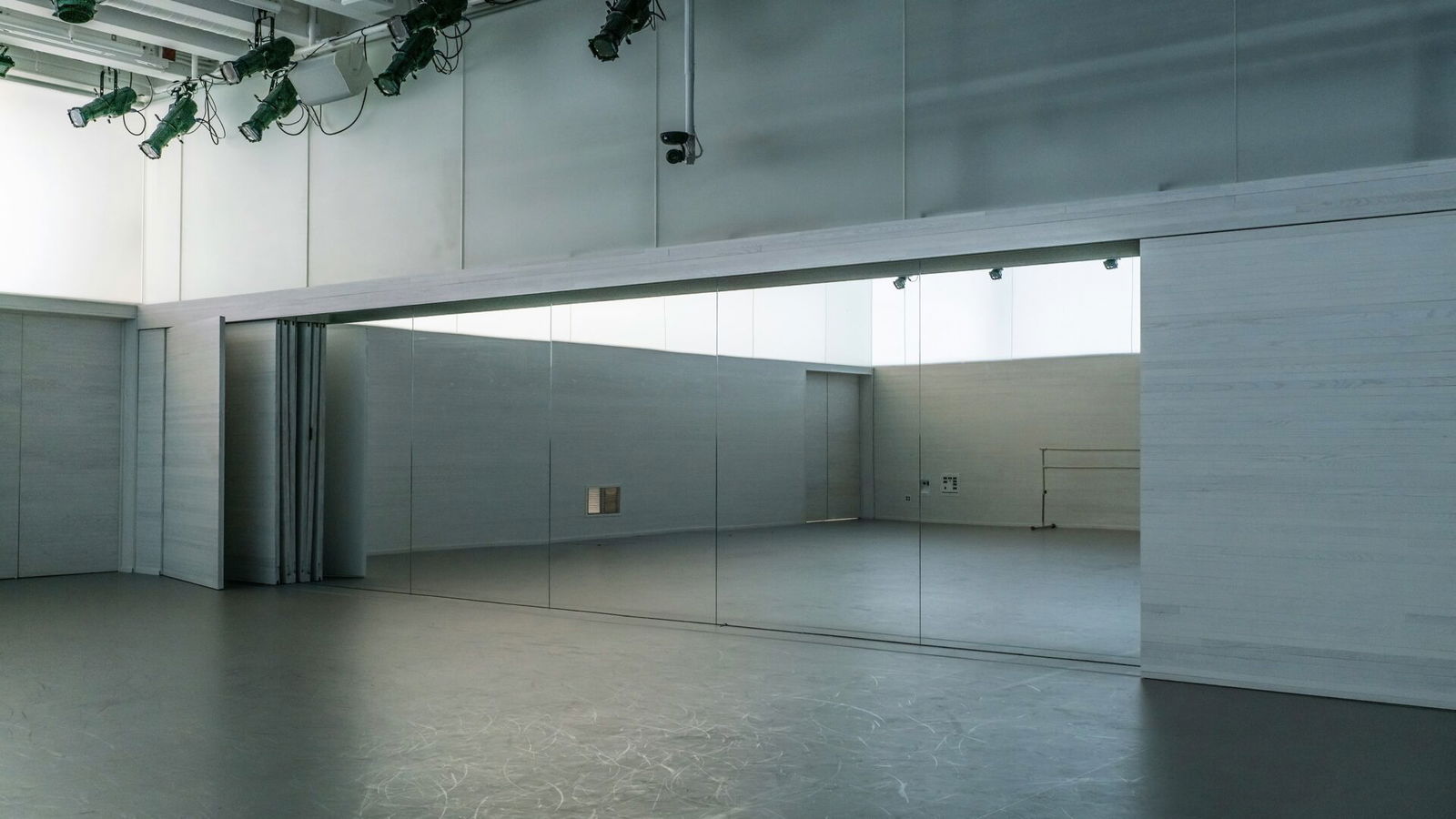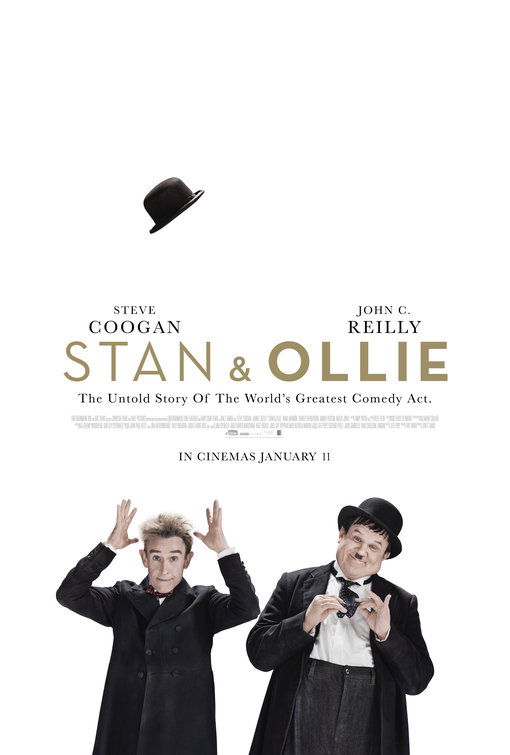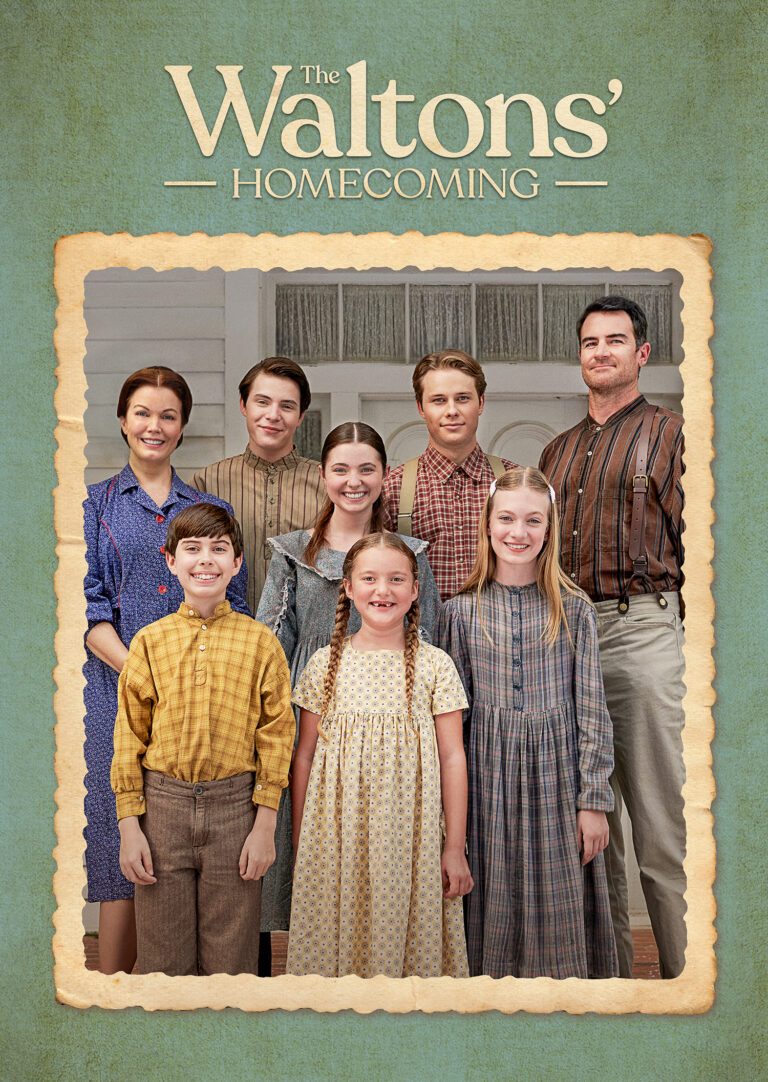
By Movieguide® Contributor
Mary Bawden, Founder, DA:NCE (Dance Awareness: No Child Exploited)
The 22 year old woman collapsed in my arms and cried in the DA:NCE expo booth. I was surprised because I didn’t even know her. She shared, “I took part in hypersexualized dance during my entire childhood, and now I’m in therapy trying to figure out who I am.”
In my previous Movieguide® article, I asked a sobering question: When did children’s dancing in movies become so sexual? Since then, I’ve heard from so many parents, teachers, and even dancers themselves—who were relieved to hear someone finally say what they’ve been thinking: something’s wrong. The sexualization of children through dance—on screen, on stage, and online—isn’t just a passing trend. It’s a cultural shift with deep consequences. And sadly, it’s getting worse.
Take the 2020 Netflix release of the French film Cuties, which portrayed pre-teen girls in adult costumes, music, and choreography. Fast forward to Dance Moms: A New Era, which premiered in 2024. In one routine, an 11-year-old girl was choreographed to depict the strangulation death of JonBenét Ramsey. Researcher Phillip Adams calls this trend ‘Corporate Paedophilia.’ Sociologist Gail Dines describes it as a ‘Pornified Culture.’ The bottom line? Hypersexualized children’s dance grooms our kids for a lifetime of trauma. How did we get here?
Why It Matters
It’s easy to dismiss a dance recital or viral video as “just entertainment.” But the truth is, what we normalize for children today shapes how they see themselves—and how others see them—tomorrow. Many social media platforms allow sexually suggestive dance videos of children to circulate freely. Predators download these clips and upload them to adult sites. Parents often have no idea this is happening. But just as alarming is how these dance trends slowly groom children to view their bodies as performance objects, blurring the lines between innocence and adult sexuality.
That’s why at DA:NCE, we use two simple labels: healthy and harmful. Healthy dance builds children up. Harmful dance places them in danger—physically, emotionally, and spiritually. We believe it’s time for a course correction. Over the past year, we’ve launched two key initiatives to help parents and advocates make informed choices—and to equip dance educators to return to the true beauty of the art form.
A Directory for Concerned Parents and Healthy DA:NCE Educators
The first is the Healthy DA:NCE Directory, a free, state-by-state listing of dance studios that prioritize the well-being of children. These are spaces where dance instruction is grounded in age-appropriate music, modest costuming, and choreography that respects the dignity of the child. We often hear from parents who feel uneasy about what they’re seeing in recitals, online videos or movies—but aren’t sure what to do. The Healthy DA:NCE Directory is for them. It makes it easier to find studios that align with their values, without sacrificing artistic excellence.
Studios listed in the directory are not just technically strong—they are committed to cultivating character, creativity, and confidence in ways that are safe, wholesome, and developmentally appropriate.
A Coalition for Cultural Change
We also launched the DA:NCE Coalition—a growing network of dance educators, studio owners, artists, and advocates from all walks of life. This non-partisan, volunteer group is united around two simple goals:
• To bring global awareness to the exploitation of children through hypersexualized dance
• To promote dance as a powerful, positive art form when taught with care and intention
The Coalition is proof that we don’t have to choose between being pro-dance and pro-child. We can (and must) be both.
Moving Forward Together
I believe in the power of stories. I’ve heard many from many of you who’ve experienced firsthand the impact of this cultural shift. I’ve also seen what happens when we reclaim dance for what it was always meant to be: a beautiful, artistic expression of the human spirit.
If you’re reading this and wondering where to start, visit danceawareness.com. You’ll find resources, blog posts, research, and ways to get involved—whether that’s by joining the Coalition, nominating a local studio for the Directory, or simply learning more about the signs of harmful dance practices. Children deserve better. With open eyes and bold voices, we can protect them—one step at a time.



 - Content:
- Content: 

